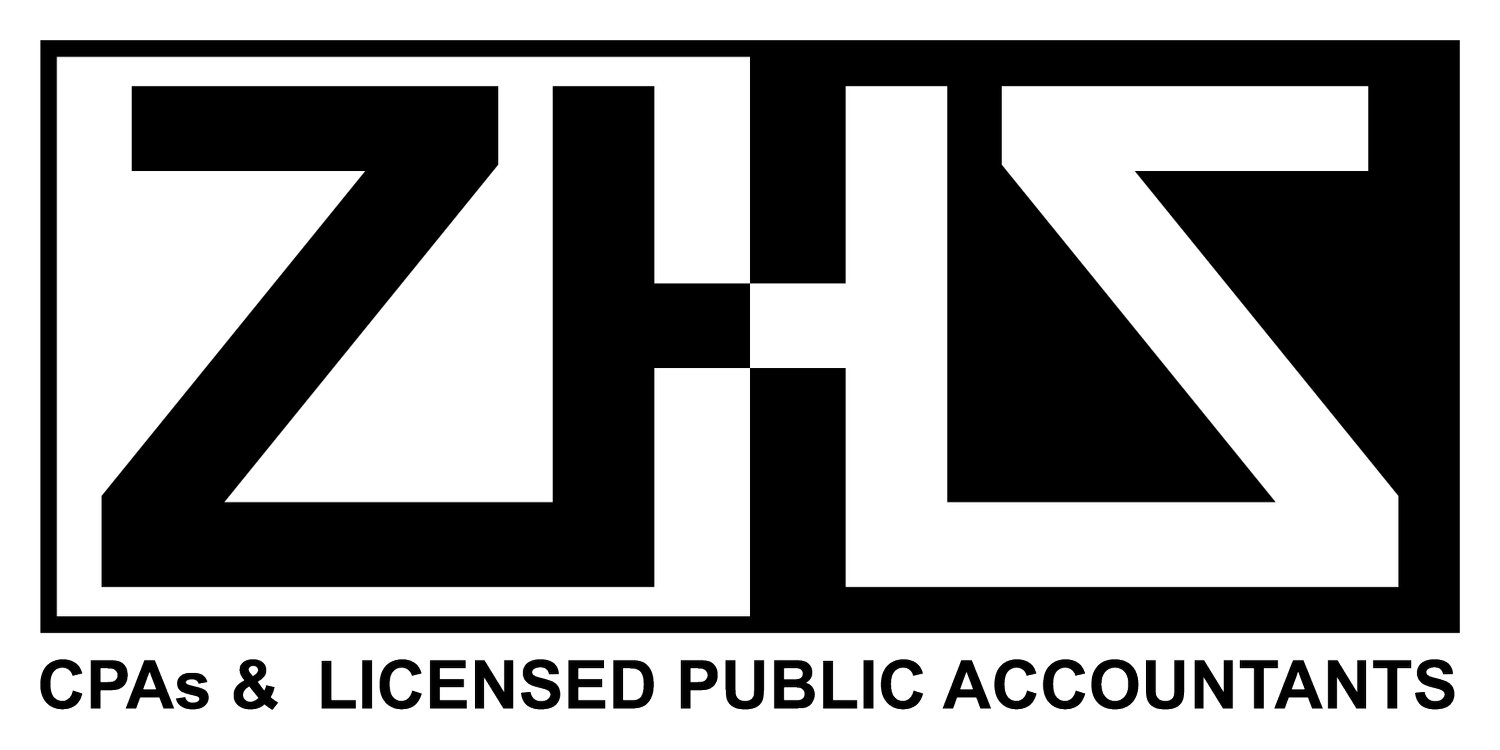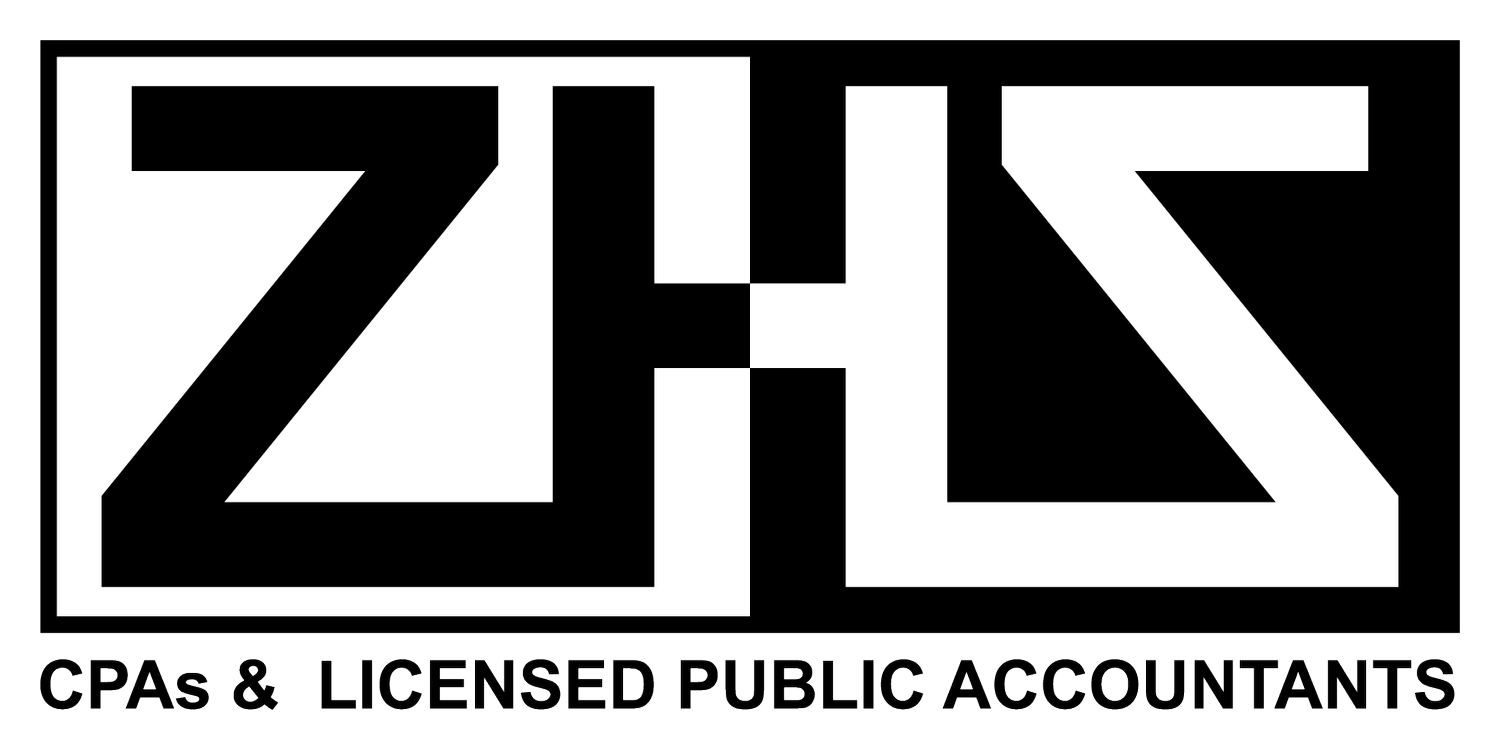A Guide on Rental Income and Rental Property Taxes in Ontario, Canada
Renting out a property or even a portion of your house is a great method to ease your living costs and earn some extra bucks.
However, you must prepare yourself to incur income taxes from your rental income for both the state authorities in Ontario and the Canada Revenue Authority (CRA).
Determine Whether It’s Business or Rental Income
Before you report the rental income to the CRA, you must determine whether it’s a rental or business income.
The CRA guidelines say if you’re offering services like extensive maintenance, cleaning, security, and meals, consider the rentals as business income.
Contrarily, if you only offer basic services like light, parking, heat, etc. it should be considered rental income.
Then, you’ll need to report it to the CRA on Form T2125 for business and Form T776 for rental income.
Co-Ownership or Partnership
If the rented property is co-owned by you and your spouse or lawful partner, you must also consider whether it falls under the business partnership category.
If you and your partner operate a business with or without a formal contract, you must use Form T5013 to report this income as a partnership.
Most people who co-own a rental property can declare the rental income verbally or formally to set the proportions of income and losses.
How to Calculate Your Rental Income?
You can calculate your rental income the same way you would for any other type of income.
The first step is to calculate your gross annual income for the year. You can include all rentals from January 1 to December 31 for a fiscal year.
Then, calculate the tax-deductible expenses from the gross income. Then, adjust your gross rentals for allowances/rebates/credits if applicable.
You can adjust for gains or losses during the year as well. For example, if you have any unpaid monthly rent from tenants, you can deduct that amount from your gross rental income for that year.
Also, make sure to adjust your capital cost allowance (CCA) for your rental property. It’s pivotal if you have made substantial improvements or incurred renovation costs during the year.
The final amount will be your net rental income for the year. If that’s your only income, you’ll then need to check the CRA tax brackets for the federal and state taxes in Ontario.
Which Expenses Can You Deduct?
You can deduct expenses relevant to your rental property only. There are three broad categories of tax-deductible expenses that you can use here.
Capital Expenses
Capital expenses are those which provide long-term benefits. You cannot deduct these expenses in one fiscal year.
You must use the capital cost allowance (CCA) and spread these expenses over the useful estimated life of the rental property.
These expenses include:
● Purchase of property
● Legal fees or commission to buy property
● Major renovations and improvements
● Purchase of furniture, equipment, or other installations.
Current or Operating Expenses
These are the regular or day-to-day costs that you can accumulate and deduct in a single fiscal year for tax purposes.
Current expenses include:
● Minor renovations, repairs, and fixes on property
● Advertising, professional fees, office expenses, travel, and staff expenses.
● Interest and bank charges
● Insurance cost (for the year)
● Property taxes
Prepaid Expenses
If you have any prepaid expense for the property, you can deduct the current proportion of that expense from your rental income as well.
For example, any prepaid insurance or utility bills can be deducted.
Which Expenses are Non-Deductible from Your Rental Income?
You cannot deduct all types of property expenses for tax purposes.
Some common examples of non-deductible expenses include:
● Mortgage principal
● Land transfer taxes
● Value or service charges for your own labor
● Penalties and fines
Change in Use of the Property
If you move out of your personal property and start renting it out, you’ll need to adjust the calculations for capital gains or losses by assessing the fair market value (FMV) of the property at that time.
If the FMV is lower than the original purchase cost, you’ll use the original cost for tax calculations. Otherwise, you must adjust it for capital gains/losses and include the adjusted amount.
If you rent out a portion of your house without any structural changes and it's a small portion, you can include the rental income and proportioned expenses for your net taxable income calculations.
Can You Claim Rental Losses?
Yes, you can claim losses from your rental property if you meet certain conditions.
You must rent out the property at fair market value and have proof of rentals, expenses, and important financial transactions.
If you have any unpaid rentals from tenants, you can count them as deductible expenses for the current year but you must have evidence to satisfy that claim.
Reference for Research Work:

